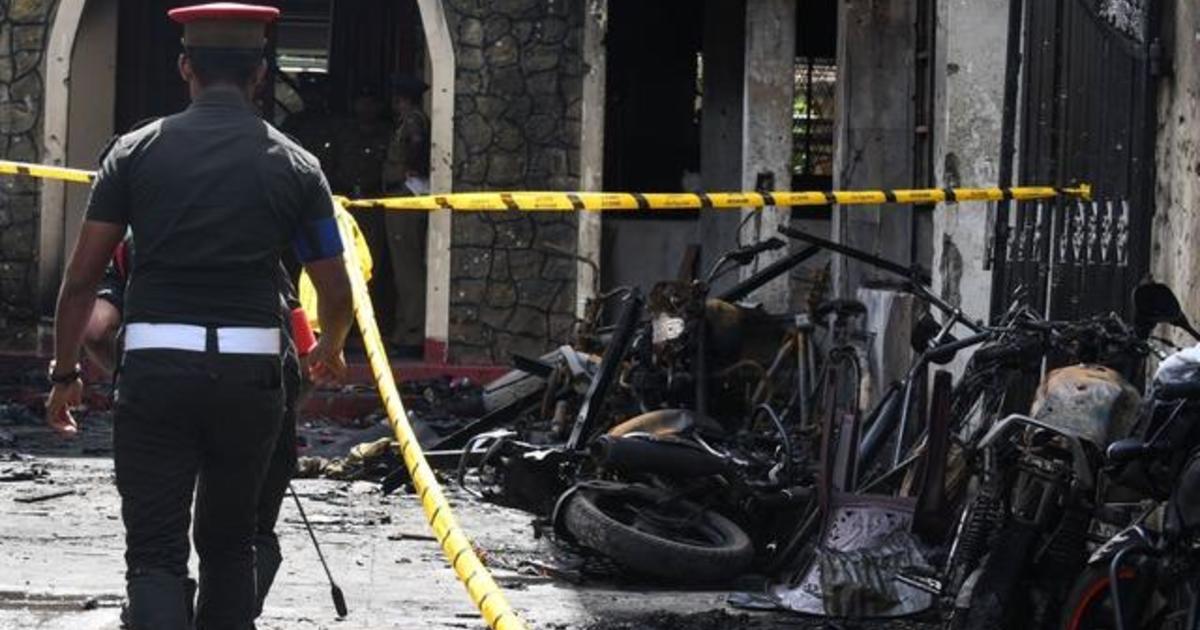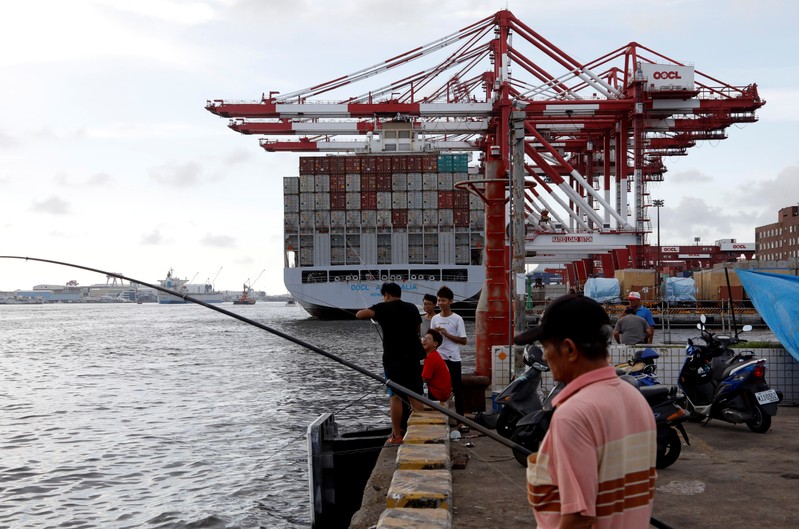
Colombo, Sri Lanka — Sri Lankan police investigating the Easter Sunday bombings that killed at least 290 people were examining reports that intelligence agencies had warnings of possible attacks and may have failed to act on the intelligence, officials confirmed on Monday. Police chief Pujuth Jayasundara issued an intelligence alert to top officers on April 11, according to French news agency AFP, warning that suicide bombers from a radical Muslim group were planning to attack “prominent churches.”
No group had claimed responsibility for the Easter attack as of Monday.
AFP quoted law enforcement sources as saying all 24 people arrested since the blasts were suspected members of an “extremist” group, but the sources did not specify which group. It remained unclear whether those in custody were suspected members of the National Thowheeth Jama’ath (NTJ) group, which was the focus of the warning issued on April 11 by Jayasundara. NTJ has been linked to the vandalization of Buddhist statues in Sri Lanka recently.
Prime Minister Ranil Wickremesinghe said the country’s law enforcement agencies would carry out an investigation into “why adequate precautions were not taken.”
Two government ministers alluded separately to suspected intelligence failures.
Telecommunications Minister Harin Fernando tweeted, “Some intelligence officers were aware of this incidence. Therefore there was a delay in action. Serious action needs to be taken as to why this warning was ignored.” He said his father had heard of the possibility of an attack as well and had warned him not to enter popular churches.
Mano Ganeshan, the minister for national integration, said his ministry’s security officers had been warned by their division about the possibility that two suicide bombers would target politicians. The police’s Criminal Investigation Department, which is handling the investigation into the blasts, will look into those reports, Gunasekara said.

